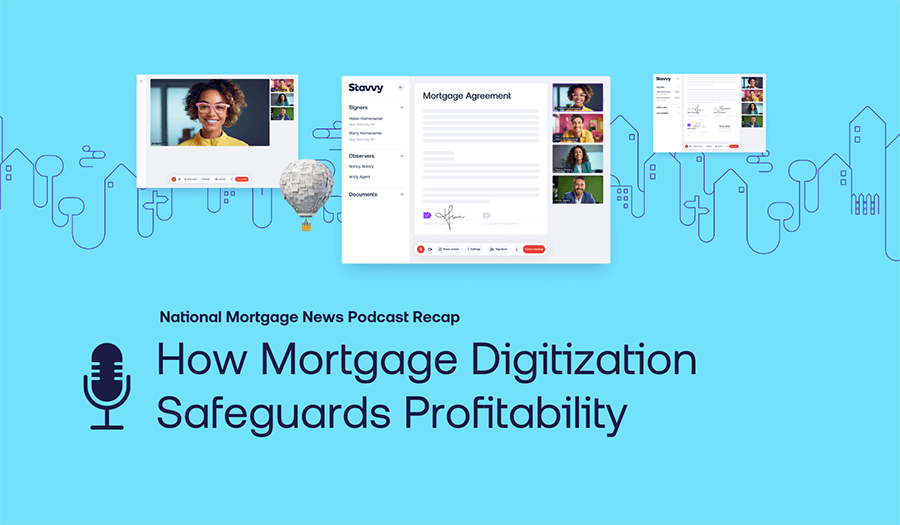As of August 1, 2023, Remote online notarization (RON) is available in Delaware, and Stavvy has been added to the State’s list of approved RON providers. Homebuyers who want to buy or sell property in Delaware will have remote tools to do so with provisions in place laid out by SB 262.
Prior to this new legislation, only an attorney licensed to practice law in Delaware could conduct a closing related to the sale or refinancing of real property in the state. However, SB 262 has expanded this practice, permitting all state-commissioned notaries to conduct remote online notarizations.
Delaware remote online notarization: A look at the legislation
The new RON law in Delaware outlines certain conditions for remote online notarizations to take place, which include:
Delaware remote notarization provider terms
Before performing their first remote online notarization, a notary public must register with the Delaware Secretary of State and identify the technologies the notary public intends to use.
Delaware remote notarization identification
The notary public must verify the identity of the remote individual from personal knowledge, a witness, or by providing a driver’s license or other government identification which contains either a signature or a photograph. A notary may require an individual to provide additional information or identification credentials necessary to identify the individual.
Notary stamp
The notary stamp must include the notary public’s name, the words “State of Delaware,” the commission expiration date, and other information required by the Delaware Secretary of State. The stamp must be able to be copied together with the record to which it is affixed or attached or with which it is logically associated.
Video and journal retention
The technology provider must retain the visual and audio recording for at least ten years after the recording is made. The notary must maintain a journal of all notarizations performed and retain the journal for ten years. The format of the journal may take either a paper or electronic format. Stavvy makes it easy to meet these requirements by providing both digital journal and video retention services for all notarization performed on the platform.
Foreign notarization
A remote individual currently located outside of the United States may use remote online notarization to buy or sell a United States (US) property or to address a matter related to a US property, provided that RON is not prohibited in the foreign state in which the individual is physically located.
Other Delaware remote online notarization regulations
If the Secretary of State adds further qualifications for identity proofing and the use of communication technology, vendors must adhere to them. The regulations may require technology providers to include antifraud measures clearly showing any change or tampering with a document.
At Stavvy, we’ll keep an eye on the details for RON acceptances in all states to provide you with the most up-to-date information about RON wherever you’re interested in notarizing.
Learn more about how the  is taking real estate beyond documents.
is taking real estate beyond documents.
Editor's note: This post was originally published in August 2022 and has been updated.



![[Webinar Recap] Advancing Your Digital Default Servicing Strategy](https://blog.stavvy.com/hubfs/advancing-your-digital-default-servicing-strategy-blog-recap.png)